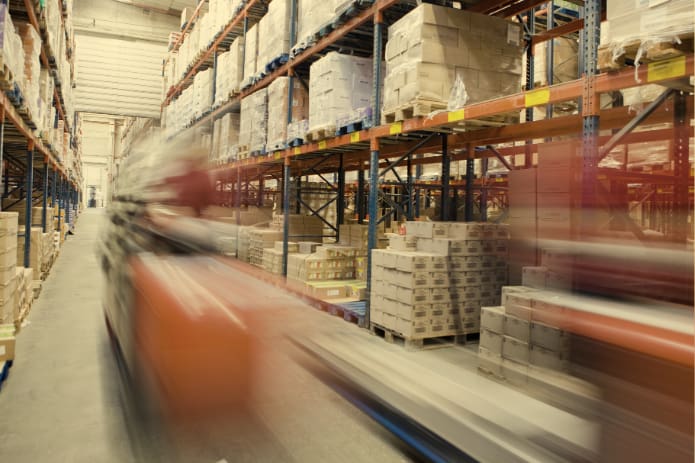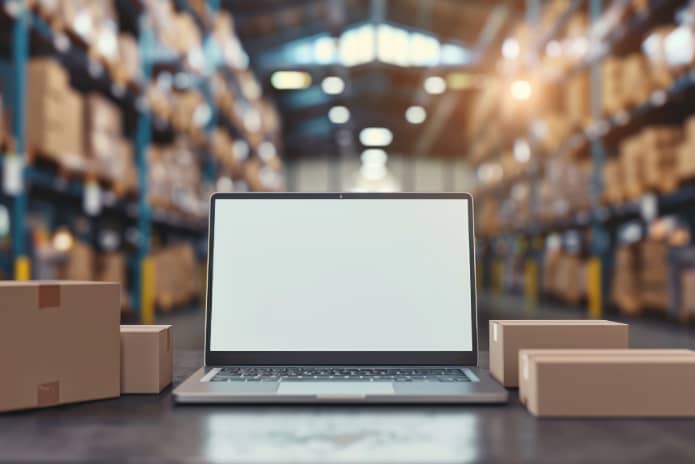The evolution of logistics has been marked by increasing challenges, especially regarding operational capacity and reducing dependence on human labor. If automation was previously seen as a differentiator, today it becomes a critical factor for business survival and expansion.
Activities that previously relied solely on human labor, such as moving packages in distribution centers, can now be performed by robots. An example of this innovation is systems that use artificial intelligence to collect and position packages in sorting systems at an impressive rate of 1,500 packages per hour.
However, even with technological advances, adoption of automation still faces resistance. The initial investment cost in robotics can mean a period of four to five years for financial return, making the decision challenging for many companies. With the resumption of hiring workers after the pandemic, some companies have chosen to delay investments. However, stricter regulations on ergonomics and the growing shortage of skilled labor will drive the long-term adoption of robotic solutions.
The discussion between replacing human labor and using robots is complex. On one hand, machines ensure greater accuracy and productivity 24 hours a day; on the other hand, the flexibility of human operators is still unmatched. With the advancement of intelligent robotic claws, computer vision, and artificial intelligence, this difference is decreasing, but the economic factor still weighs heavily in the decision.
In recent years, robotics has advanced exponentially. More sophisticated sensors, machine learning algorithms, and integrated systems have transformed robots into more efficient and accessible tools. Today, they can handle packages of various sizes and materials with high precision, operate continuously, and dynamically adapt to different logistical challenges.
The next steps in automation include enhancing robots' ability to perform more complex tasks, such as handling larger loads and fully automating processes like truck and pallet unloading. With the reduction in robotics costs, more companies will be able to invest in this technology.
In the future scenario, the trend is for robots and humans to work in harmony, with machines taking on heavy and repetitive tasks while operators focus on more strategic activities. The vision of a "dark factory" – where the entire operation is automated – may still be distant, but it is a path that logistics is inevitably following.
For companies that are still hesitant, the advice is clear: automation should be implemented gradually but inevitably. Companies that embrace robotics strategically will be better prepared to face the future challenges of global logistics. The future of automation is not a question of "if" but of "when". And that "when" is getting closer and closer.











